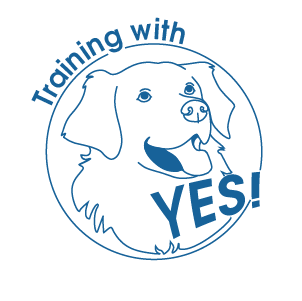
A fully-trained service dog provides significant benefits for individuals with disabilities, enhancing their quality of life in practical, emotional, and social ways. If you live in Northern California, getting a service dog trained locally is even better and easier. Our service dogs are trained locally here in Sacramento, CA.
Be sure to connect with us on social media to see our thousands of YouTube videos and Facebook photos from all over the greater Sacramento area.
Key Advantages
1. Assistance with Daily Tasks: Service dogs are trained to perform specific tasks tailored to their handler’s needs. For example, they can help with mobility by retrieving items, opening/closing doors, or assisting with balance for those with physical disabilities. For individuals with visual impairments, guide dogs navigate obstacles and ensure safe movement. Medical alert dogs can detect seizures, low blood sugar, or other health changes, alerting their handler or others.
2. Increased Independence: By performing tasks that might otherwise require human assistance, service dogs enable greater self-reliance. This can reduce dependence on caregivers, allowing individuals to live more autonomously, whether at home, work, or in public spaces.
3. Enhanced Safety: Service dogs can alert handlers to dangers, such as oncoming traffic for visually impaired individuals or medical emergencies like allergic reactions or fainting spells. Some dogs are trained to summon help, ensuring timely intervention during crises.
4. Emotional and Mental Health Support: Service dogs provide companionship, reducing feelings of isolation or anxiety. For individuals with PTSD, anxiety disorders, or depression, they can offer calming techniques, such as deep pressure therapy, or interrupt panic attacks. Their presence often boosts confidence and emotional stability.
5. Social Benefits: Service dogs can act as social bridges, facilitating interactions and reducing stigma around disabilities. They often make it easier for handlers to engage with others, as people are drawn to the dog, fostering positive social connections.
6. Access to Public Spaces: Under laws like the Americans with Disabilities Act (ADA), fully-trained service dogs are granted access to public places, including restaurants, stores, and transportation, ensuring handlers can navigate these spaces with support. Check out this Fact Sheet for further details.
7. Customized Training: Fully-trained service dogs are professionally trained (often for 1–2 years) to meet specific needs, ensuring reliability and consistency. This contrasts with owner-trained dogs, which may vary in skill level. Organizations typically match dogs to handlers based on lifestyle, personality, and disability requirements.
8. Long-Term Companionship: Service dogs form strong bonds with their handlers, offering not just practical help but also a loyal, non-judgmental partner, which can improve overall well-being over time.
Considerations
- Cost: Fully-trained service dogs from reputable organizations like Training With Yes! can cost up to $65,000, though some nonprofits may provide them for reduced costs. Ongoing expenses include food, veterinary care, and supplies.
- Time Commitment: Handlers must maintain the dog’s training and care, which requires time and effort.
- Eligibility: Not everyone qualifies; candidates typically need a documented disability and the ability to care for the dog.
For further details, contact Training with Yes! for more information on resources and specific training programs, and please fill out our application form.

